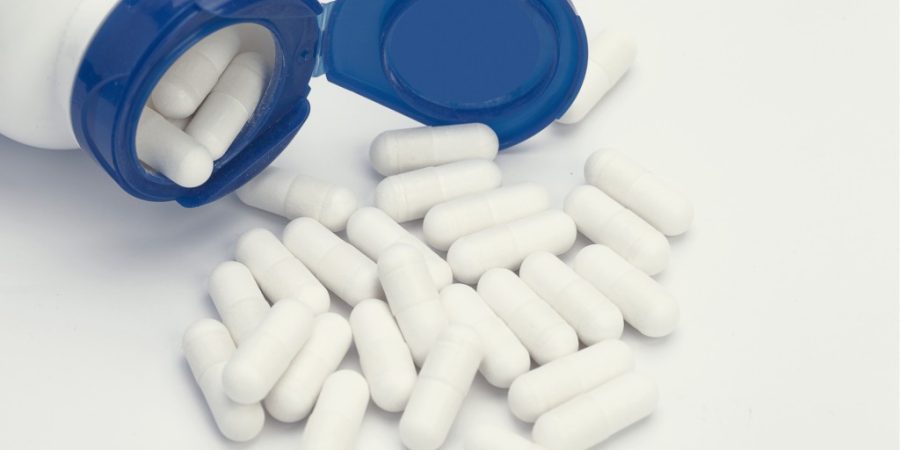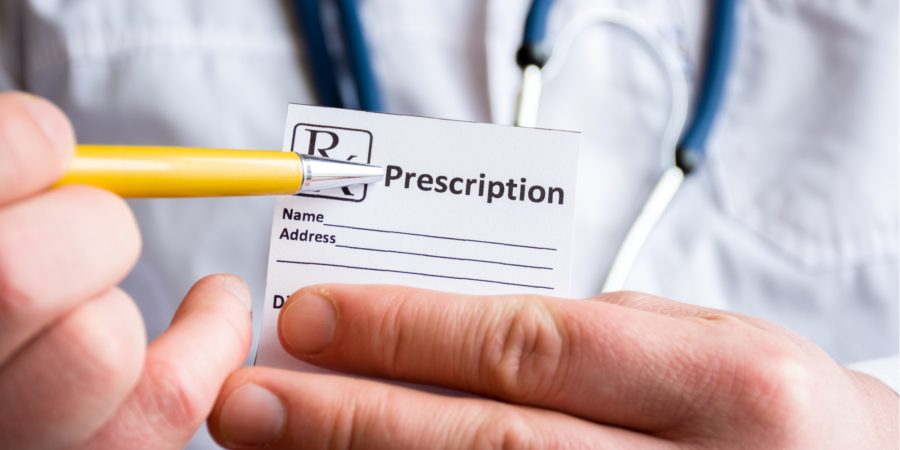
For so many people who struggle with substance abuse, addiction starts with prescription drugs that they might need to function day-to-day, like pain medication or sleeping pills. Addiction to barbiturates is no different, and we know how challenging it can be to battle drug abuse, particularly if it presents with co-occurring mental health disorders.
Learn more about the first steps toward drug abuse recovery from an addiction to barbiturates below.
Table of Contents
What Exactly Are Barbiturates?


Barbiturates are prescription drugs that doctors most commonly prescribed for patients in the 20th century and up until the 70s. But research soon discovered that barbiturates were highly addictive and habit forming.
Barbiturates are a class of drugs known as central nervous system depressants. This means that they slow down the receptors in your brain and cause a state of sedation. These drugs are also known as sedative hypnotics because of the effect they have on users.
The slang terms for barbiturates that you might have heard of include:
- Barbs
- Blues
- Downers
Some doctors still prescribe barbiturates as sleeping pills and for conditions such as anxiety, seizures, and tension headaches. But even though the barbiturates’ sedative, hypnotic effect could be helpful for some patients, it comes with risk. Some patients could build a tolerance to barbiturates and begin to crave larger and larger doses against medical advice.
Because barbiturates have such a high risk of drug abuse occurring, the Drug Enforcement Administration has labeled them primarily as a Schedule II drug, though some types of barbiturate depressants are considered to be Schedule III or Schedule IV.
In any case, these prescription drugs are controlled substances and have a high chance to cause substance abuse issues.
Patients on high doses of barbiturates become physically dependent—so much so, in fact, that stopping the use of the drugs could have deadly consequences. At the same time, taking larger doses of the drug could also be deadly by leading to a drug overdose.
Many people who struggle with an addiction to barbiturates feel that it’s hopeless to work toward recovery because of all the risks.
However, a safe recovery from an addiction to barbiturates is possible. If you feel that you or a loved one might need help with an addiction to barbiturates or other prescription drugs, keep reading to understand the common signs of drug abuse to make the first step toward recovery today.
Learn the Signs of Barbiturate Drug Abuse
The following examples are common signs that you or a loved one might be struggling with an addiction to barbiturates:
- Taking larger doses than prescribed
- Taking barbiturates against medical advice
- Having withdrawal symptoms when the drug is not in your system
- Misusing the drug as prescribed (for example, injecting it)
- Finding illegal ways to continue to take barbiturates when they aren’t prescribed
As with any prescription drug, it can be hard to differentiate between the need to take the medication for medical reasons and the feeling of being physically dependent on the drug because of addiction. But if you find yourself unable to comfortably take only the recommended dose, then you may be suffering from a substance use disorder.
Side effects of taking this drug include:
- Slurred speech
- Headaches
- Nausea
- Changes in breathing patterns
- Joint pain
- Fever
- Exhaustion
- Overdose
Overdose is a very dangerous side effect of taking barbiturates and could lead to death. The symptoms of overdose often mimic the side effects listed, which is why it can be challenging to detect an overdose before it turns deadly.
If you do have a prescription for barbiturates but worry that you might be struggling with drug abuse, contact your doctor or a mental health and addiction facility to find help immediately.
Withdrawal Symptoms from Barbiturates


Because barbiturates cause users to be physically dependent, stopping the use of these prescription drugs can be challenging.
Withdrawal symptoms from barbiturates often look like:
- Increased anxiety
- Gastrointestinal issues
- Nausea and vomiting
- Suicidal ideation
- Delusions and/or hallucinations
- Seizures
- High fevers
- Heart failure
If you have a heath condition that led you to abuse prescription drugs, your care team in this specialized rehab center will be able to assist you with alternative options to manage the symptoms of your health condition without bringing more substance abuse challenges.
This is especially true in cases where patients use barbiturates for anxiety or other mental heath conditions. With the right treatment, you can find emotional, physical, and spiritual healing.
Where Can You Treat Your Addiction to Barbiturates?
If you or a loved one are one of the countless number of people who struggle with a barbiturate addiction, you are not alone in your fight toward recovery.
At the Blackberry Center in St. Cloud, Florida, we have been able to help people just like you with our medically supervised detox practices and dual diagnosis treatment options.
Our services work to address all of your needs, whether they be physical, emotional, and/or spiritual. We offer:
- Individual counseling
- Group therapy
- Family sessions
- 12-step programs for alcohol and drug abuse
- Relapse prevention
- Addiction education
To find out more about the first steps in your recovery journey with the Blackberry Center, give us a call at 888-512-9802 or fill out our confidential online form today.
The post Barbiturate Addiction Recovery: Evidence-Based Treatments<br><span style=’font-size:14px;line-height:12px;’><i>Barbiturates pose a danger to millions of Floridians as an addictive prescription drug.</i></span> appeared first on The Blackberry Center of Central Florida.
Source
Original Author: The Blackberry Center

